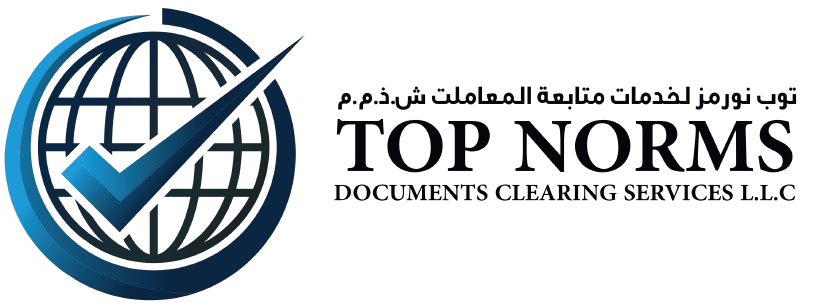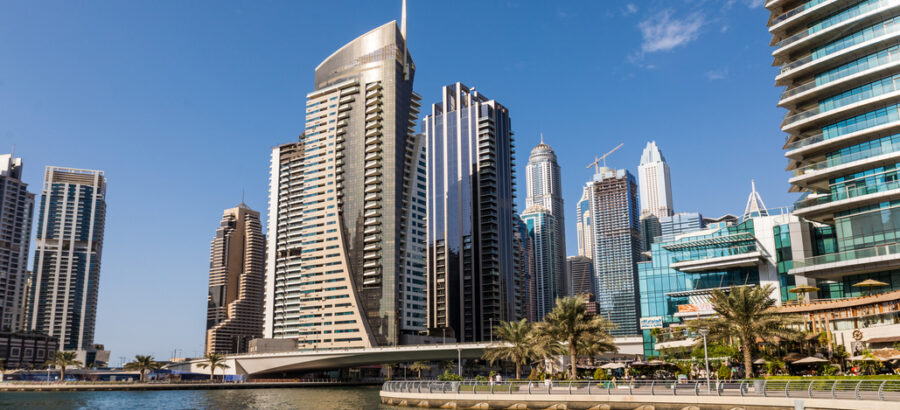The United Arab Emirates (UAE) has firmly established itself as a global business hub, offering a robust infrastructure, strategic location, and investor-friendly policies. One of the key pillars of the UAE’s economic success is its freezones—designated economic areas that offer a range of benefits to businesses, including full foreign ownership, tax exemptions, and simplified regulatory requirements. However, to leverage these advantages effectively, it is essential for investors and entrepreneurs to understand the legal framework and regulations that govern freezone businesses.
- Licensing and Business Activities
Each freezone authority provides business licenses based on the type of activity:
Trading license
Service license
Industrial license
Companies must operate strictly within the scope of activities defined in their license.
- Ownership and Capital Requirements
Most freezones allow 100% foreign ownership, unlike mainland businesses which often require a local partner. Minimum share capital requirements vary by freezone and business activity but are often quite low or even waived.
- Corporate Governance and Compliance
Freezone businesses must comply with the specific corporate governance rules issued by the respective freezone authority. This includes:
Annual license renewal
Submission of audited financial statements (in some zones)
Compliance with anti-money laundering (AML) and know your customer (KYC) regulations
- Employment Regulations
Freezone businesses can only employ individuals sponsored by the freezone. Employment contracts must align with UAE Labor Law and freezone-specific guidelines. Some freezones offer simplified hiring processes and visa issuance.
- Taxation and Financial Reporting
Freezone companies enjoy 0% corporate and income tax, though this is subject to change under recent corporate tax reforms. Under the UAE Corporate Tax Law (effective from June 2023), businesses in freezones may be taxed at 9% if they earn income outside the freezone or do not meet qualifying criteria.
- Intellectual Property and Legal Disputes
Freezones often provide IP protection under UAE federal laws. Dispute resolution mechanisms vary—some freezones like DIFC and ADGM have their own courts operating under common law systems, whereas others fall under UAE’s civil law system.
Wrapping Up
Freezones in the UAE offer an attractive environment for business setup with streamlined procedures, financial incentives, and global accessibility. However, understanding and adhering to the legal and regulatory framework is crucial for long-term success. Investors must ensure full compliance with both freezone-specific rules and broader UAE federal regulations, particularly in the evolving landscape of taxation and corporate governance.






